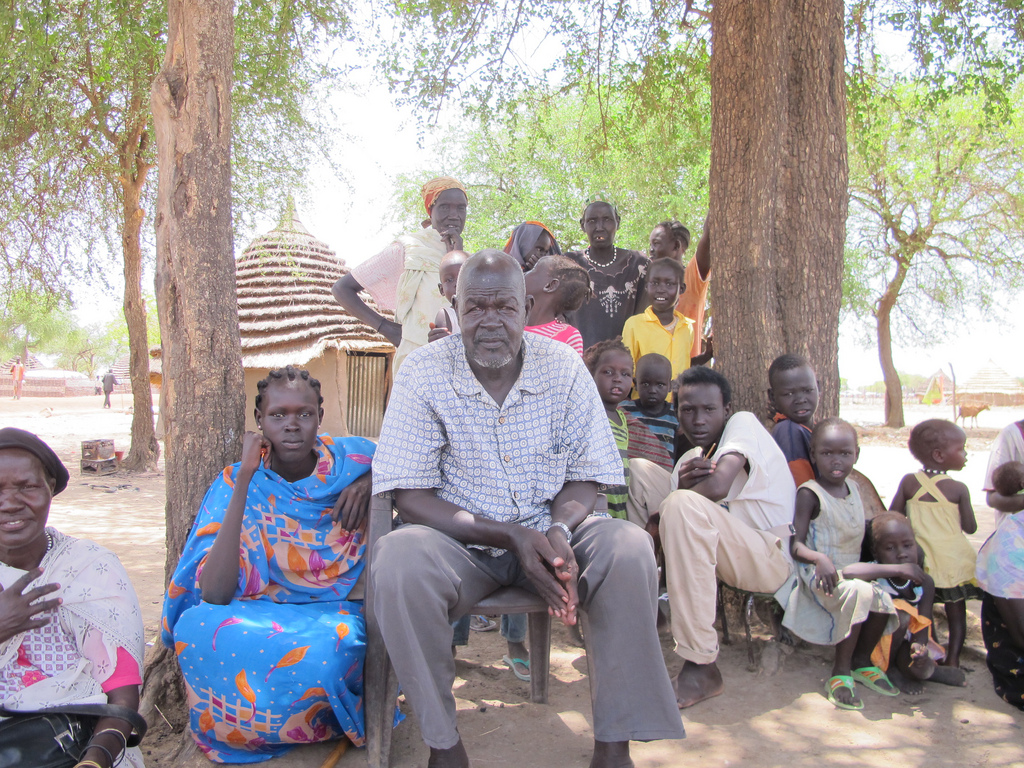
On September 27, 2012, Sudanese President Omar al-Bashir and South Sudanese President Salva Kiir signed agreements concerning a host of issues resulting from South Sudan’s July 2011 secession. The agreements concern issues of oil and other financial matters, border security, and citizenship. They represent the culmination of a nearly two and half year-long negotiation process and, if implemented, have the potential to further consolidate peace and security within and between the two Sudans. However, the success of these agreements ultimately hinges on the resolution of the remaining outstanding issues on which the two presidents were unable to agree, chief among them the final status of the disputed Abyei area.

